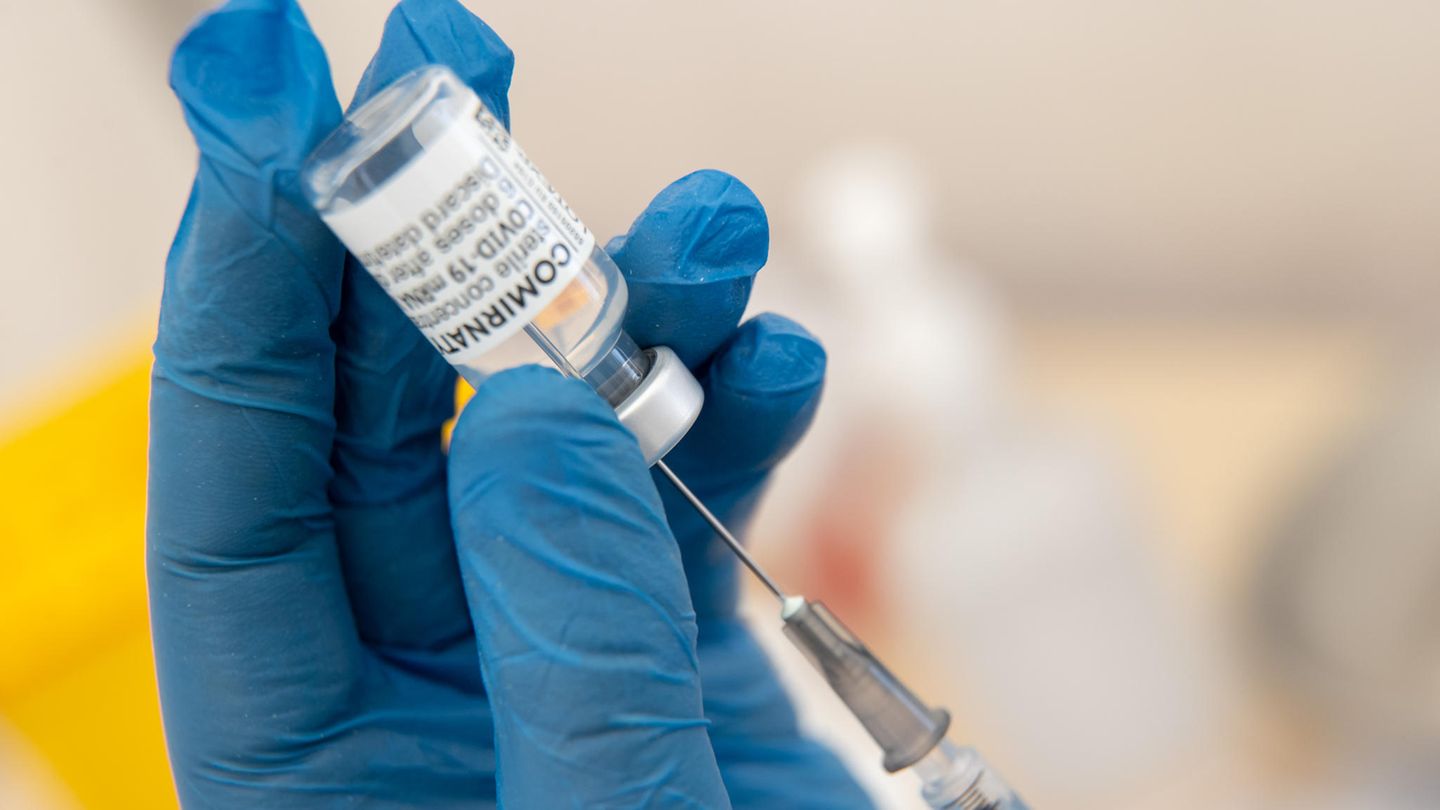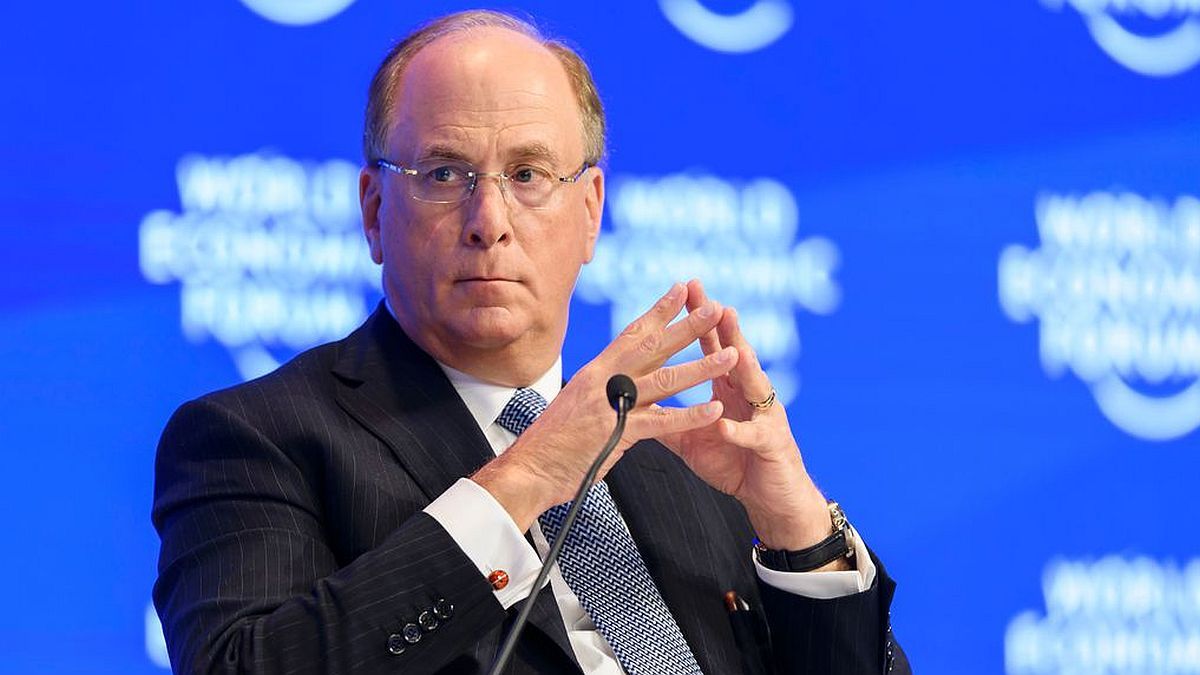The way is clear for the booster vaccination. The third injections are to be used from September, the health ministers decided on Monday. An overview of the most important questions.
It was discussed for a long time, now it is fixed. The booster vaccinations are coming, the health ministers of the federal states decided on Monday – but not for all. For the time being, only certain risk groups should receive the third injection. The most important facts at a glance.
Who should get the booster vaccination?
The resolution of the health ministers of the federal states provides that the very old, those in need of care and patients with immunodeficiency or immunosuppression should receive the booster vaccination.
Where can I get the booster vaccination?
Mobile teams are supposed to vaccinate residents of nursing homes and other facilities. Those entitled who live at home should be offered the booster vaccinations by their treating doctors.
Which vaccines should provide the boost?
Only mRNA vaccines should be used for the third-party vaccinations, i.e. the vaccines from the manufacturers Biontech / Pfizer and Moderna, regardless of whether the vaccines from Astrazeneca or Johnson & Johnson were previously used
When will the booster vaccination be available?
The Corona booster vaccinations should be available from September.
After how many months should the vaccination be refreshed?
In all cases the additional vaccination should take place at the earliest six months after the first production of the complete vaccination protection.
Why are the booster vaccinations necessary?
Whether the third vaccination is necessary is still controversial. How long the vaccination will last is not yet known, the Robert Koch Institute recently wrote in one. It makes sense to be able to react quickly: “Booster vaccinations (especially) for the elderly should be planned and prepared now.”
The trigger for the considerations are data from studies that indicate a decrease in the protective effect. The companies Biontech / Pfizer are also assuming a decline in the protective effect of their corona vaccine against infections and symptomatic diseases six months after the second vaccination. Data from Israel show that the protective effect drops from 96 to 83.7 percent six months after the second vaccination. It is therefore likely that “a third dose will be required within six to twelve months of full vaccination.”
What role does the delta variant play?
The data situation on the delta variant is inconsistent. However, there are already initial indications that the Covid vaccinations protect a little less well against infection with the new variant. To what extent is still unclear. Some study data from Great Britain, Canada and Israel differ widely. (Read more about this here). What the results have in common is that the vaccines can still ward off severe disease in the vast majority of cases.
What do the booster vaccinations do?
Both Biontech / Pfizer and Moderna have already stated that the antibodies increased significantly after a new vaccination. Both manufacturers are confident that a third dose will also increase protection against newly discovered variants.
Studies point out, Biontech / Pfizer, that the third vaccination definitely has “a neutralizing effect on the Delta variant”. They showed that the booster vaccination significantly increases the number of neutralizing antibodies in the blood.
The first data presented by the manufacturer Moderna on the booster vaccinations indicate a strong and rapid increase in antibody titers – “to a level that is above that of the first vaccination,” says Stéphane Bancel, Chief Executive Officer of Moderna. “We are encouraged by this new data, which increases our confidence that our booster strategy should protect against the newly discovered variants,” he said.
What do we know about the tolerance of the booster vaccination?
Vaccine maker Moderna reports that the safety and tolerability profiles after the third booster dose are comparable to those seen after the second dose in the previously reported Phase 2 and Phase 3 studies. The booster vaccinations were generally well tolerated. The majority of the adverse events were therefore mild or moderate. Pain at the injection site was observed most frequently. Some study participants also reported tiredness, headache or joint pain.
Why is there no third vaccination for everyone?
“With the healthy population, it is now important that the entire population receives a vaccination offer and is quickly vaccinated twice,” said the virologist Mirko Trilling. In addition, before considering whether to vaccinate the first people for the third time, all people who have had a natural infection should receive a single vaccination in order to be protected in the long term, continues Trilling.
The double vaccination would also offer good protection against the Delta variant. If, on the other hand, part of the population is only simply vaccinated, the risk increases that in this situation the virus will continue to mutate and possibly become even more dangerous. “For people with an impaired immune system who unfortunately have not built up sufficient immunity after the second vaccination, a third vaccination is a sensible measure,” says Trilling.
It is also already known that the immune system of older people reacts somewhat weaker to the vaccination and, for example, fewer antibodies are formed.
Why is there still no recommendation from Stiko?
The data situation is not yet sufficient for a recommendation in Germany, said the head of the Standing Vaccination Commission (Stiko) Thomas Mertens on Friday the German Press Agency. The independent experts are concerned with two aspects of the data: whether the measurable immune response in the laboratory is weakening and whether infections with disease are increasing despite vaccination, he explained. Laboratory studies on antibody levels are already available, but these do not allow the direct conclusion that the protective effect in humans is also diminishing.




